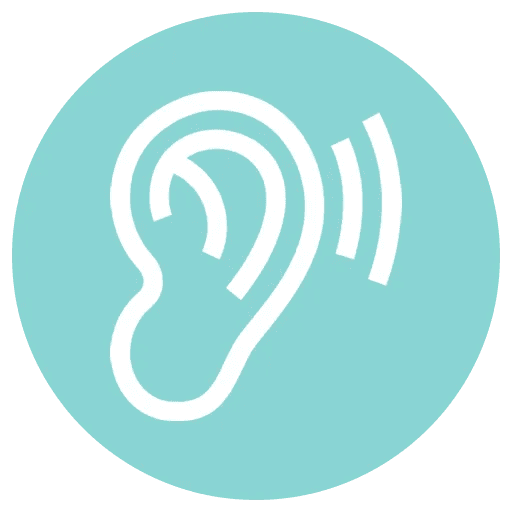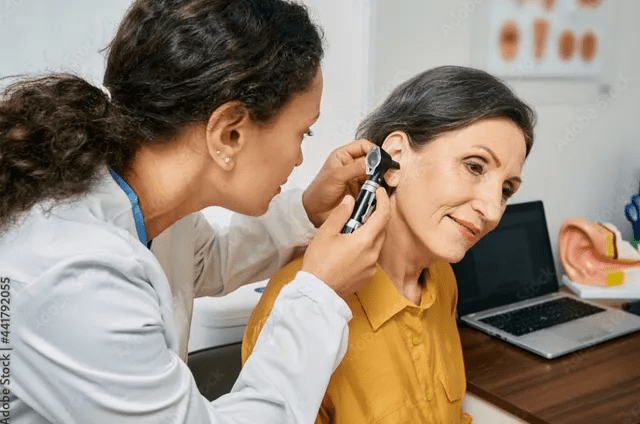Tinnitus is the perception of sound you hear without an external source. For some, it’s a ringing sound; for others, it’s whistling, buzzing, chirping, hissing, humming, roaring, or even shrieking in one or both ears. It’s a common problem affecting older adults.
Tinnitus can be temporary or chronic and can range from mild to severe. Various factors, including age-related hearing loss, ear infections, earwax build-up, intake of certain medications, and underlying health conditions like high blood pressure, can cause it.
While tinnitus can interfere with your quality of life, it isn’t a disease but a symptom of an underlying condition. There are various tinnitus treatments available to help manage the symptom, including sound and audio therapy.

Age-related Hearing Loss
Your cochlea's tiny, delicate hair cells move when your ear receives sound waves. This triggers electrical signals along your auditory nerve, and your brain interprets these signals as sound. But if the hairs are bent or broken,
it can trigger random electrical signals, causing tinnitus.

Ear Infection
The ear canals can be blocked with various build-ups, including earwax, dirt, and other foreign materials, causing a blockage that leads to an ear infection. As a result, infection or blockage can change the pressure in your ear, causing tinnitus.

Medications
There are several medications that may cause or worsen tinnitus. This includes non-steroidal anti-inflammatory drugs (NSAIDs), certain antibiotics, cancer drugs, water pills, and anti-depressants. The higher the dose of these medications, the worse your tinnitus becomes.

Underlying Health Conditions
Certain health conditions can affect the nerves in your ear or the hearing centre in your brain. For instance, high blood pressure can cause blood to move through your veins and arteries with more force. These blood flow changes can cause tinnitus or make it more noticeable.
Tinnitus is often described as ringing in the ears, even without external sound. It can also cause phantom noises only you can hear such as buzzing, chirping, hissing, humming, roaring or clicking. You may even hear them in one or both ears. In some cases, these sounds can be loud to the point that they interfere with your concentration. Additionally, tinnitus may always be present, or it may come and go. In rare cases, tinnitus may occur as a rhythmic pulsing or pulsatile tinnitus.


Sound Therapy

Cognitive Behavioural Therapy

Tinnitus Retraining Therapy

Medications
You can schedule a hearing assessment and consultation with us. To determine the cause and severity of your tinnitus, we will examine your ears, followed by pure tone audiometry, to assess your hearing level at different frequencies. Using your test results, we will recommend a treatment for you. If necessary, we may refer you to a doctor.
In some cases, tinnitus can resolve itself, regardless of the cause. But this doesn’t mean you should leave your condition undiagnosed for weeks, months, or even years, as it may indicate an underlying health condition. Besides, the sooner you seek help for your tinnitus, the sooner you can get treatment for ringing in your ears.
The good news is that tinnitus doesn’t lead to hearing impairment. But, it is a common symptom associated with hearing impairment. If you’re beginning to experience ringing in the ears, schedule an appointment with a Hearing Care Consultant. With thorough hearing assessments and examinations, they can diagnose whether or not you’re experiencing hearing loss.
While tinnitus may sound different for anyone experiencing it, there are several common factors that can worsen tinnitus. These include stress, loud noises, ear wax build-up, seasonal allergies, high blood pressure, and ototoxic medications.


 The Hearing Room
The Hearing Room